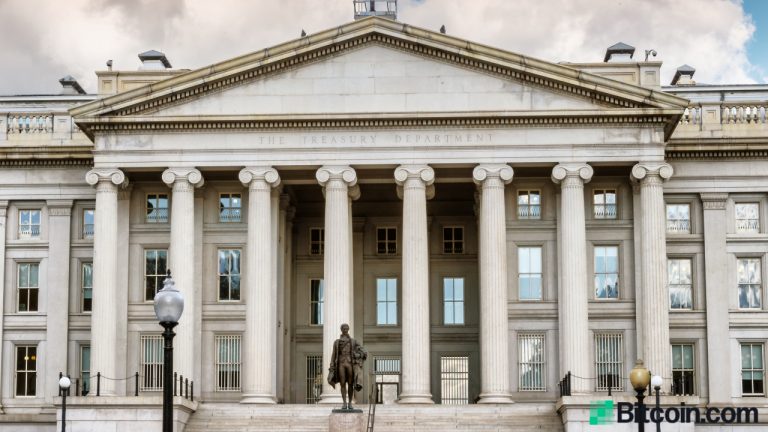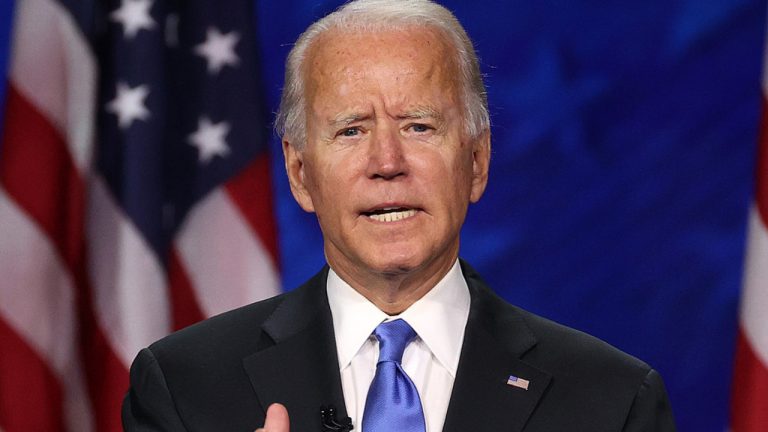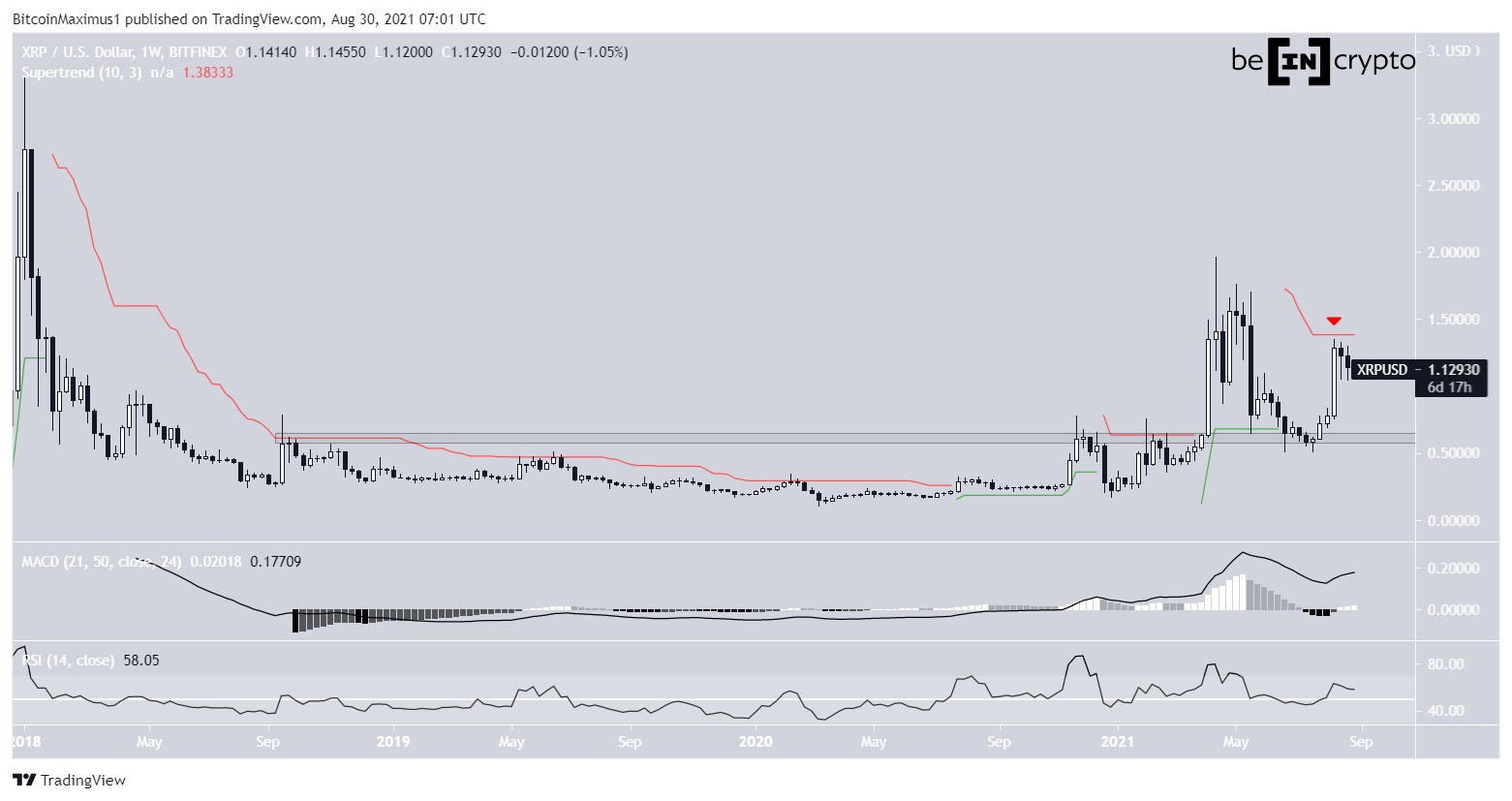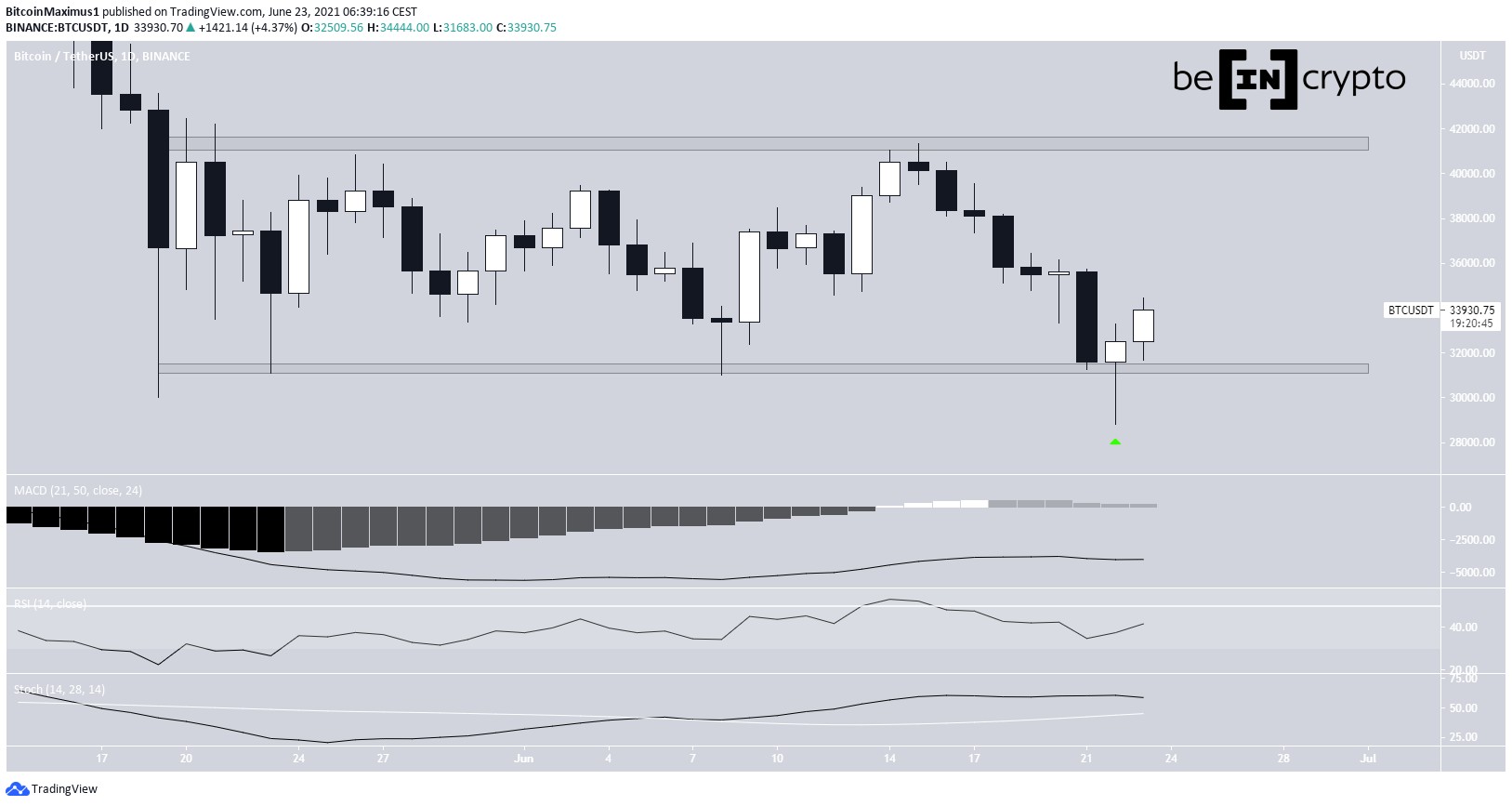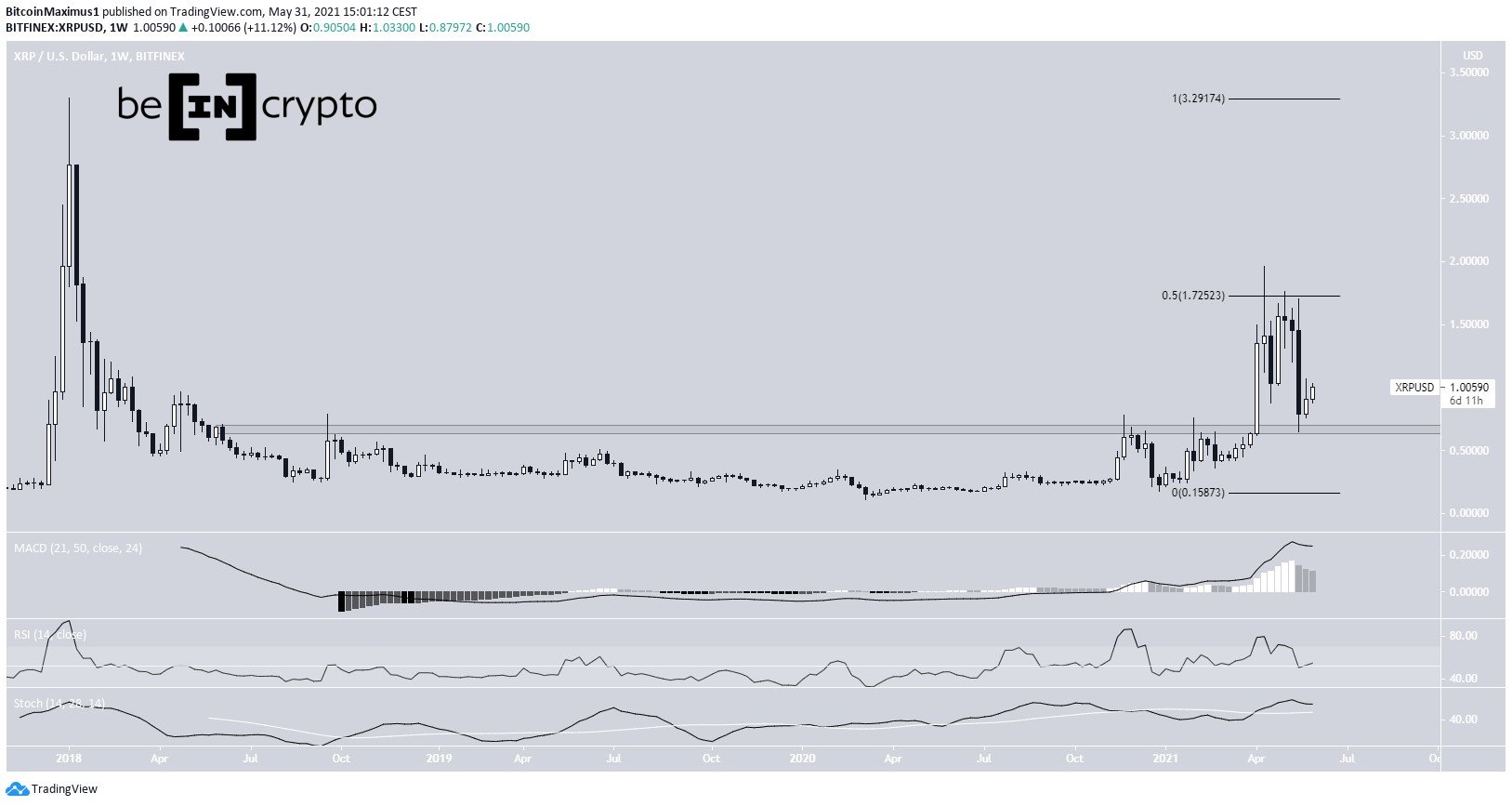2021-4-28 23:00 |
Professor Carol Goforth warns that the application of U.S. cryptocurrency regulations in other countries risks redundancy and overregulation.
In an opinion published in the blog of the Columbia Law School, University of Arkansas School of Law, professor Carol Goforth warns that the application of U.S. cryptocurrency regulations in other countries risks redundancy and overregulation.
As cryptocurrencies gain greater adoption, Goforth highlights the actions of the U.S. Securities and Exchange Commission (SEC). In 2019, when Telegram attempted to issue a crypto asset called Gram, the SEC took action against Telegram.
Despite intending to issue Gram globally and receiving funds from investors worldwide, the actions of the U.S. regulator effectively ended Telegram’s project. Goforth highlights several risks set by this precedent.
Risks of extraterritorial regulationFirst, Goforth says the application of U.S. law in other nations “creates a significant risk of redundancy and over-regulation.” Since many other countries already have their own regulations, adding additional U.S. rules could be “redundant, costly, and confusing.” It could also potentially impede the free flow of capital and stifle innovation.
Goforth says that bias would likely play a large role as well. This would mean that U.S. law would be unevenly applied to foreign transactions, which would “create additional inconsistency and uncertainty.” She also notes that policy objectives valued and emphasized in the U.S. are not necessarily broadly shared.
Increased international resentment is another risk professor points out. She says this pattern has been observed before, which led to complaints that U.S. actions were “intrusive and arrogant.” Accordingly, this results in a pushback “where other nations seek to impose their laws and vision on U.S. businesses.”
The SEC’s roleProfessor Goforth noted that the SEC’s mandate to protect U.S. markets and investors is broad. This is why their actions have such a resounding influence globally. Goforth added that the SEC’s current lawsuit against Ripple will shape the next precedent for extraterritorial regulation.
When detailing Telegram’s case, she points out that the SEC’s halting the proposed sale of Gram on the grounds that Telegram sought to issue a security without registration. Although this is the same argument in the SEC’s case against Ripple, Goforth points out that the regulator took action against the company on the last day of former SEC Chairman Jay Clayton’s tenure in office. At that point the XRP token had already been trading for years.
The post Legal Scholar Warns Against Extraterritorial Reach of US Crypto Regulation appeared first on BeInCrypto.
origin »Bitcoin price in Telegram @btc_price_every_hour
Emerald Crypto (EMD) íà Currencies.ru
|
|








